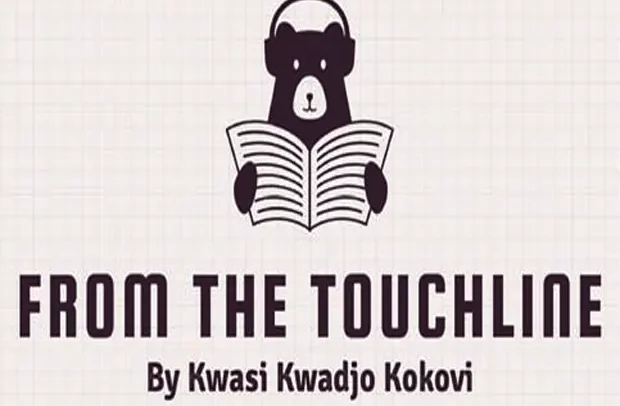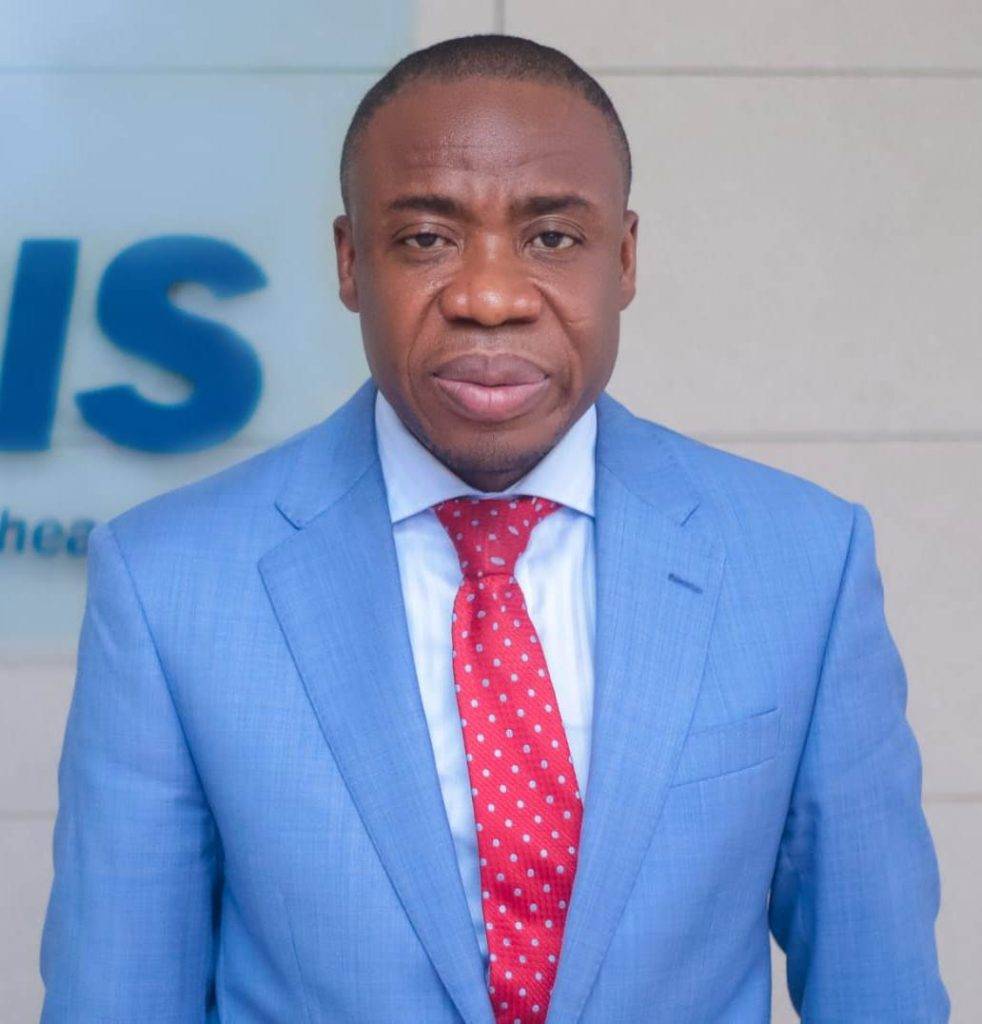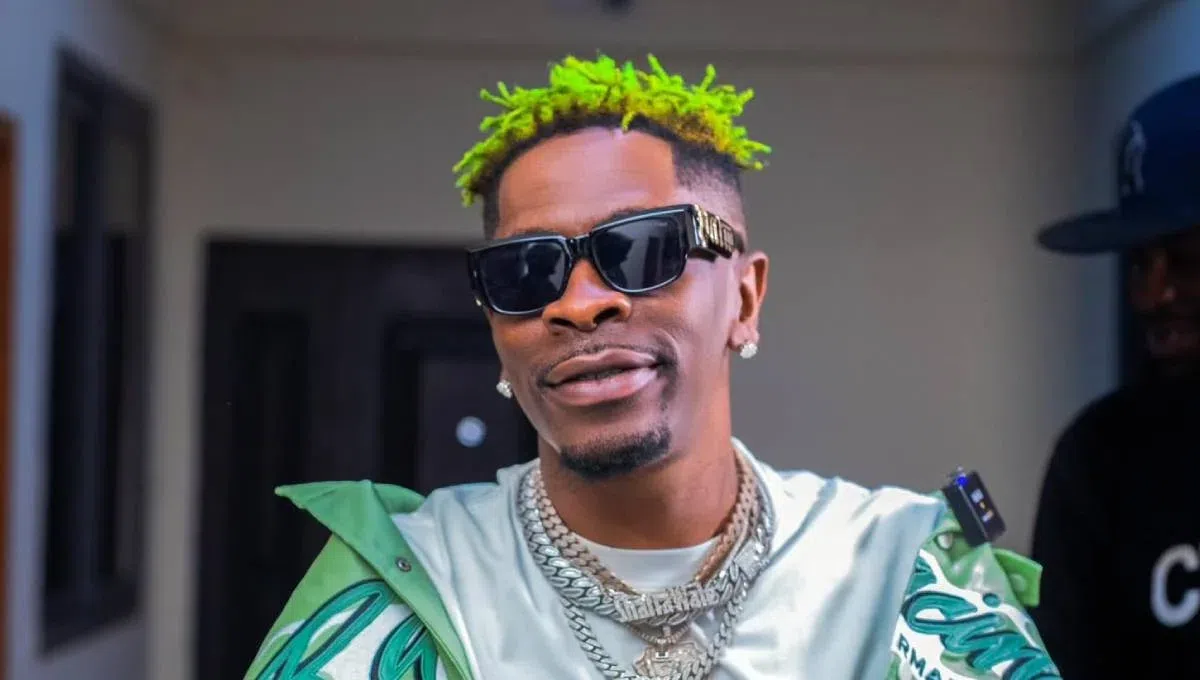
The 60th training course for selected journalists across Africa has opened with a strong call for journalists to prioritise their wellness and mental health amid the tight demands of the profession.
The President of the Zambia Union of Journalists (ZUJ), Darlington Mwendabai, who made the call, said media practitioners have not been spared the consequences of mental health disorders and illnesses over the years, stressing that it was high time professionals paid attention to this aspect of their health to ensure optimum productivity.
“We have been sharing stories about mental health issues without realising that we ourselves are also at risk. There are many unhappy journalists—due to hostile newsroom environments, chronic stress, depression, insomnia, and lack of sleep—because you’re sleeping late and waking up early to get the story to the people. These challenges are pushing many practitioners into habits like alcoholism in an attempt to cope,” he said.
“We want to advocate that newsrooms prioritise the wellness and mental health of journalists so that as we tell the stories, we remain happy and stress-free individuals—capable of continuing our work tomorrow,” the ZUJ president added.
Organised by the Union of African Journalists (UAJ), in partnership with the Supreme Council for Media Regulation (SCMR) of Egypt, the three-week training programme is an annual event which affords African journalists the opportunity to build their capacities, acquire new skills in diverse areas, as well as network and share ideas on how best to tell the African story.
This year, about 25 journalists from 12 African countries including Ghana, Nigeria, Algeria, Cote d’Ivoire, Zimbabwe, Zambia, Malawi, South Africa, Chad, Kenya, Mali and Egypt are participating in the programme which would explore topics including Africa and the Palestinian cause, Free Trade Zone and Economic Integration, Opportunities and Challenges in Africa, African Soft Power as well as African media in front of the new international conflict.
Mr Mwendabai called for retooling of newsrooms to meet modern times as well as building robust support systems and environment that harness the unique strengths and creativity of journalists to producing compelling content.
He further charged journalists to be intentional about their self-development, branding and monetising their skills to find fulfilment in the profession.
“Let’s continue learning; you can do your journalism and get also another course to specialise and that will give us a leverage we need to be economically stable and then you’re going to say that you’re in the right profession,” he said.
A Member of the Secretary-General, Council for Media Regulations, Counsellor Rim Hendy, noted that with the many challenges confronting the journalism profession such as fake news and rapid digital transformation, building the capacity of journalists has never been more important.
“Journalism is not just a profession or a mission to deliver news – it is a means of delivering truth and driving positive change.
It is important to stay informed about the latest digital tools and trends in order to make our work more effective and impactful. Through our joint efforts, we can strengthen our profession and ensure that journalism remains fair, resilient, and reflective of our communities,” she said.
For his part, Ambassador Ahmed Haggag, Advisor to the UAJ, charged African journalists to take a stand and collectively condemn the killing of journalists in Gaza.
“As journalists, you are all aware of what is happening in Gaza right now. To date, more than 100 journalists in Palestine have been killed in cold blood and no international journalists, except Palestinian journalists, are covering what is happening in Gaza.
According to the International Federation of Journalists in Brussels, Israel ranks second globally in the number of journalists killed – most of them being Palestinian.
Therefore, I urge you, as African journalists to take a stand on this matter. Let’s collaborate and express support for those who have lost their lives,” he charged.
FROM ABIGAIL ANNOH, CAIRO
The post African journalists must prioritise mental health, wellness – Darlington Mwendabai appeared first on Ghanaian Times.
Read Full Story











![‘I’m a Supplier’- Interdicted police officer admits selling opioids to youth [Video]](https://sportal365images.com/process/smp-images-production/pulse.com.gh/05052025/fc3b0efb-cfe0-47e6-9110-1dafcd7a834d.png)






Facebook
Twitter
Pinterest
Instagram
Google+
YouTube
LinkedIn
RSS